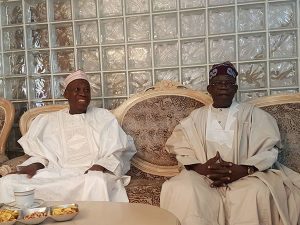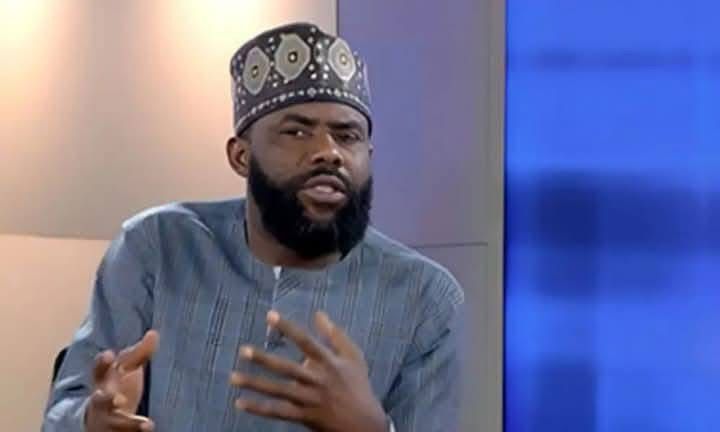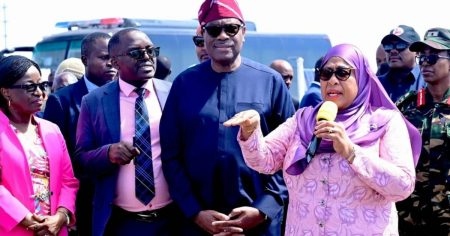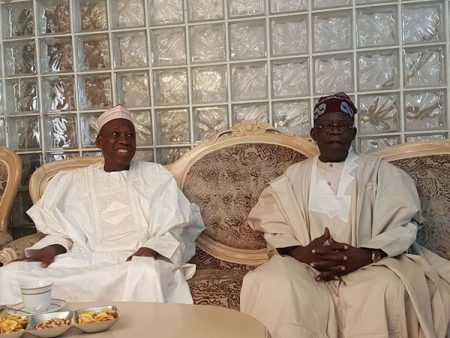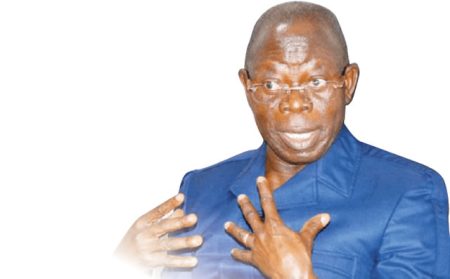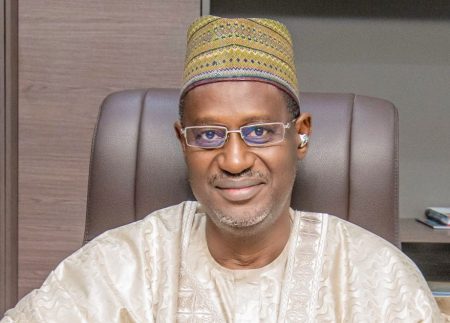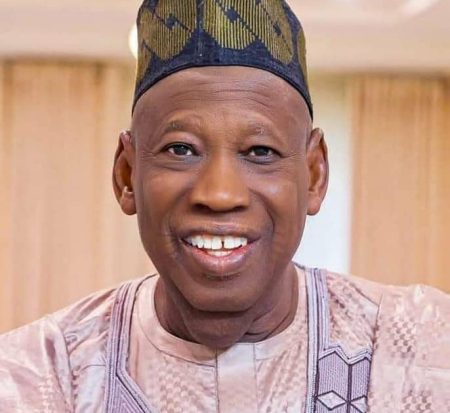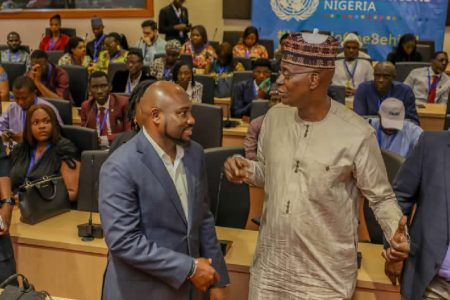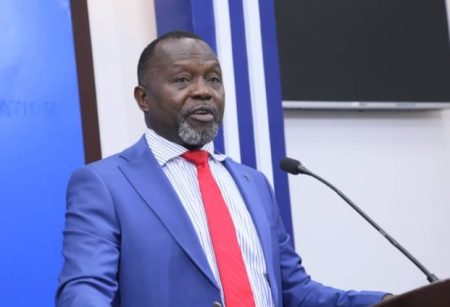Aliyu Audu, former Senior Special Adviser to President Bola Tinubu on Public Affairs, has publicly declared his resignation and his intention to actively campaign against Tinubu’s re-election bid in 2027. Audu’s decision, he asserts, stems from a deeply held principle of working towards a more inclusive and unified Nigeria, a principle he believes the current administration has abandoned. He argues that his loyalty lies with the Nigerian people and the pursuit of a better nation, rather than with any individual or political party. This commitment, he emphasizes, supersedes any personal gain or cost associated with his decision. He expresses a preference for facing an uncertain future driven by moral conviction rather than accepting a secure present built on what he perceives as compromised values.
Audu’s critique of the Tinubu administration centers on the allegation that it prioritizes political retribution over national unity and progress. He contends that the government has deviated from the promises made during the campaign, focusing instead on settling political scores. He points to the alliance between Tinubu and FCT Minister Nyesom Wike as an example of politically expedient maneuvering that, while potentially necessary during the election, now raises questions about the government’s true intentions. He draws a parallel between Tinubu’s past resistance against Obasanjo’s political dominance in the Southwest and Tinubu’s current actions, accusing the president of employing similar tactics he once opposed.
Audu recounts the challenging circumstances surrounding Tinubu’s election victory, highlighting the perceived internal opposition within their own party and the significant obstacles they faced. He acknowledges Tinubu’s political acumen and administrative experience, recognizing him as a leading figure in Nigerian politics. He describes the collective effort and belief in Tinubu’s leadership that propelled them to victory, emphasizing the shared goal of uniting the country and delivering on their promises to the people. However, he expresses disillusionment with what he perceives as a shift in priorities, claiming that the pursuit of revenge has overshadowed the initial vision of collective progress.
Audu specifically criticizes the alleged replication of the political tactics employed by the PDP during Obasanjo’s presidency, particularly the alleged efforts to control the Southwest region. He juxtaposes Tinubu’s past struggle against such tactics with his current actions, suggesting a disturbing parallel. This perceived betrayal of principle, according to Audu, underscores the need for a course correction in the country’s political trajectory. He expresses deep concern that the current administration is mirroring the very practices it once condemned, thereby jeopardizing the hopes and aspirations for a more unified and equitable Nigeria.
When questioned about the influence of Tinubu’s recent remarks regarding a one-party state on his decision to resign, Audu confirmed that the president’s statements both solidified his resolve and further fueled his determination to work against Tinubu’s re-election. He stated that he could not, in good conscience, remain part of an administration whose leader expressed such intentions, while simultaneously plotting to remove that leader from power. This, he argues, presents a clear conflict of interest and reinforces the urgency of his mission to ensure a different political future for Nigeria.
Audu concludes with a powerful declaration of intent, vowing to work towards Tinubu’s removal from office in 2027. He emphasizes the importance of a leader chosen by the people, not imposed upon them, contrasting this vision with what he perceives as the current administration’s approach. He frames the upcoming election as a contest between the principle of collective ownership (“Gbogbo wa lo kan” – it’s everyone’s turn) and what he views as the self-serving mantra of “Emi lo kan” (it’s my turn). This, he believes, is the defining struggle for the future of Nigerian democracy and the realization of a truly inclusive and representative government.



